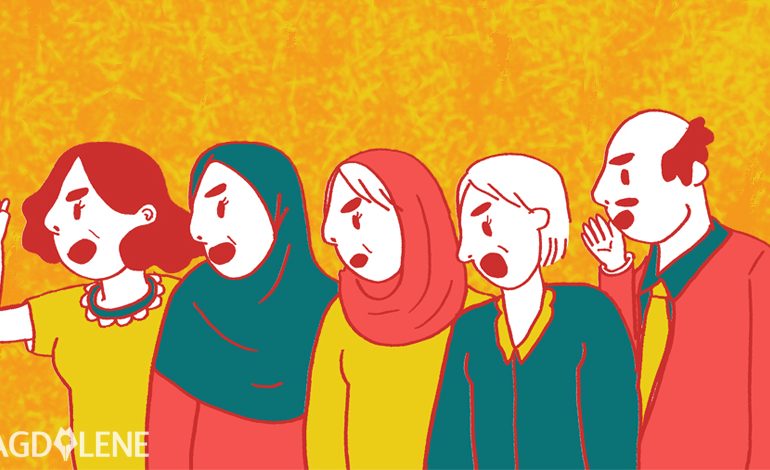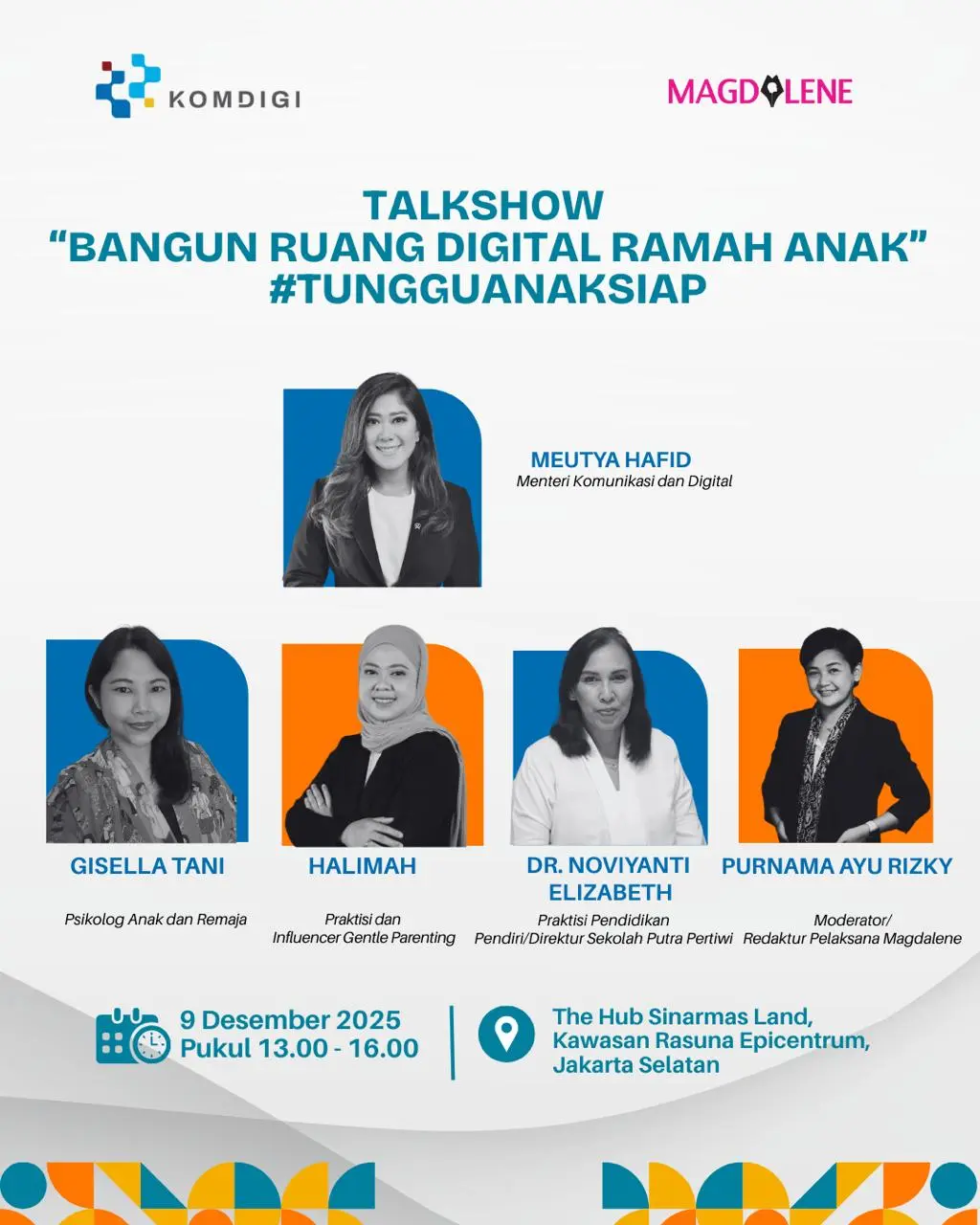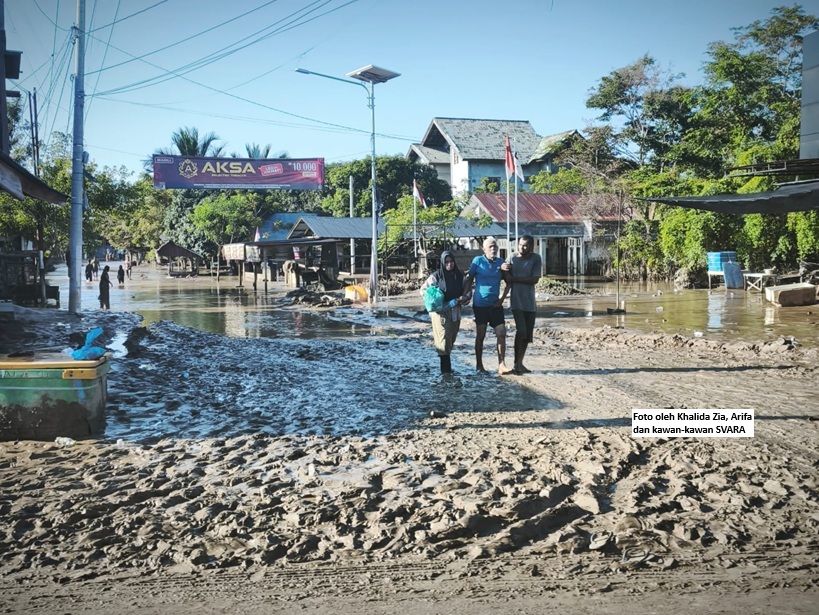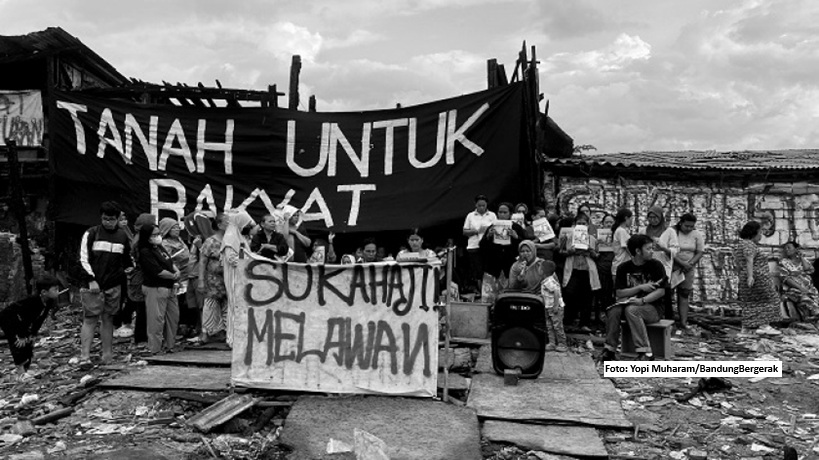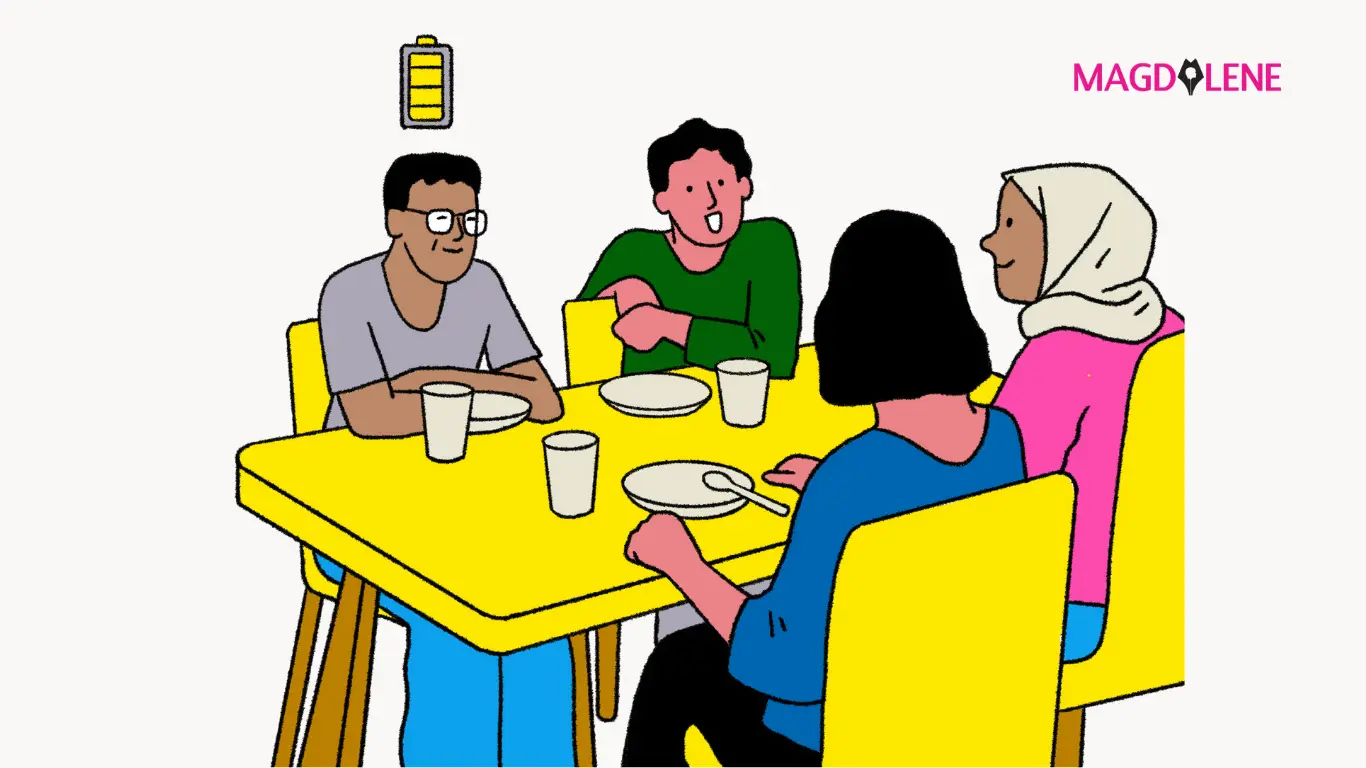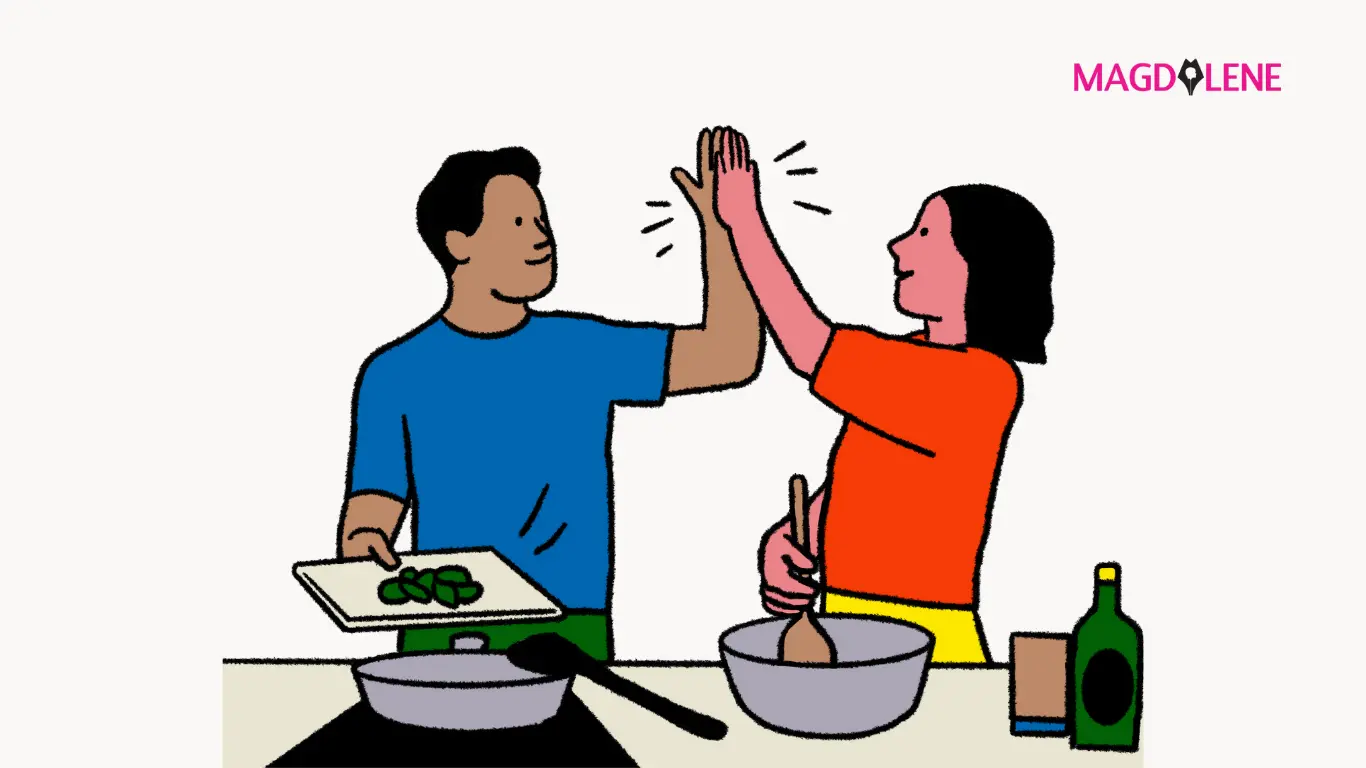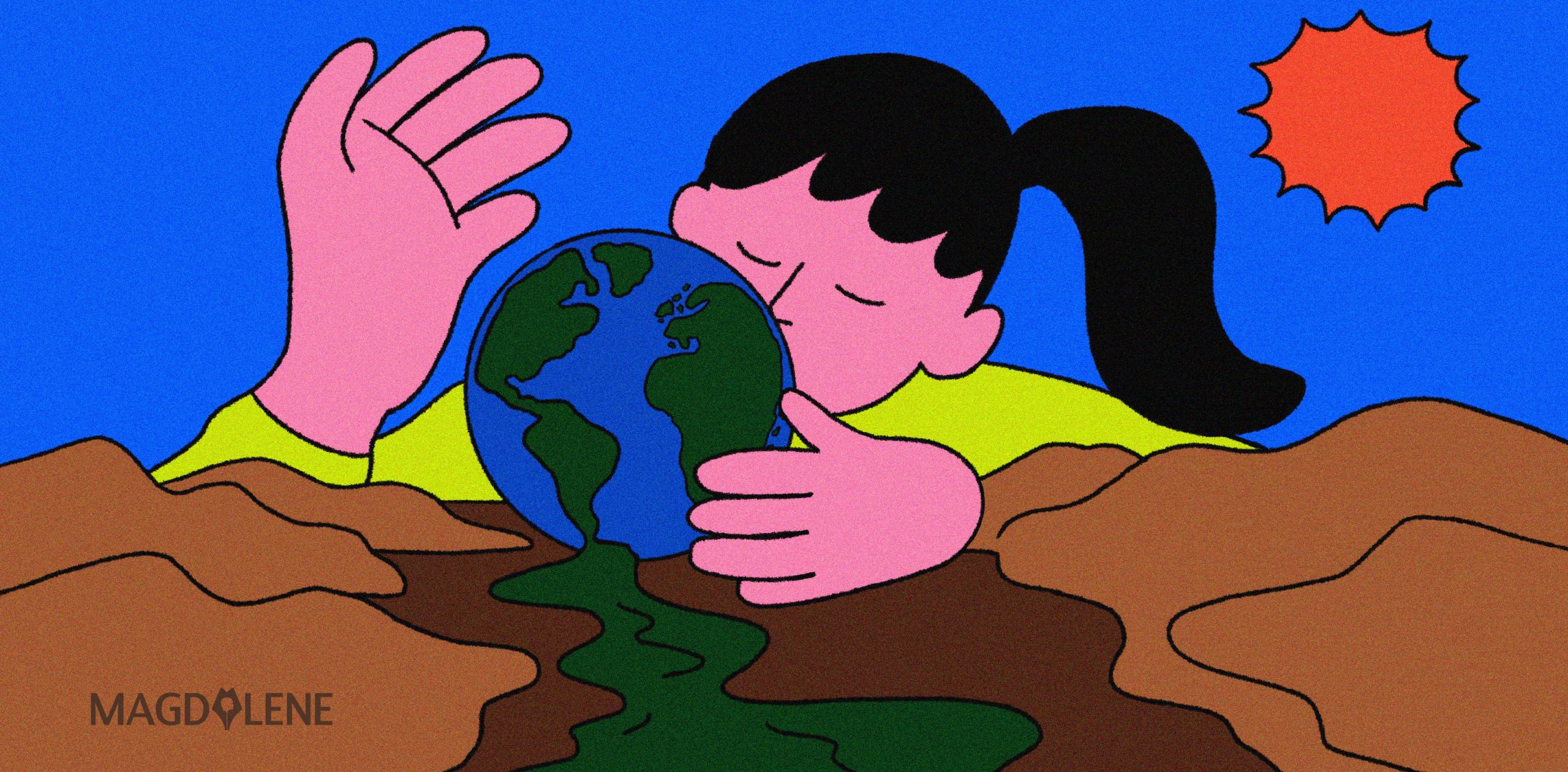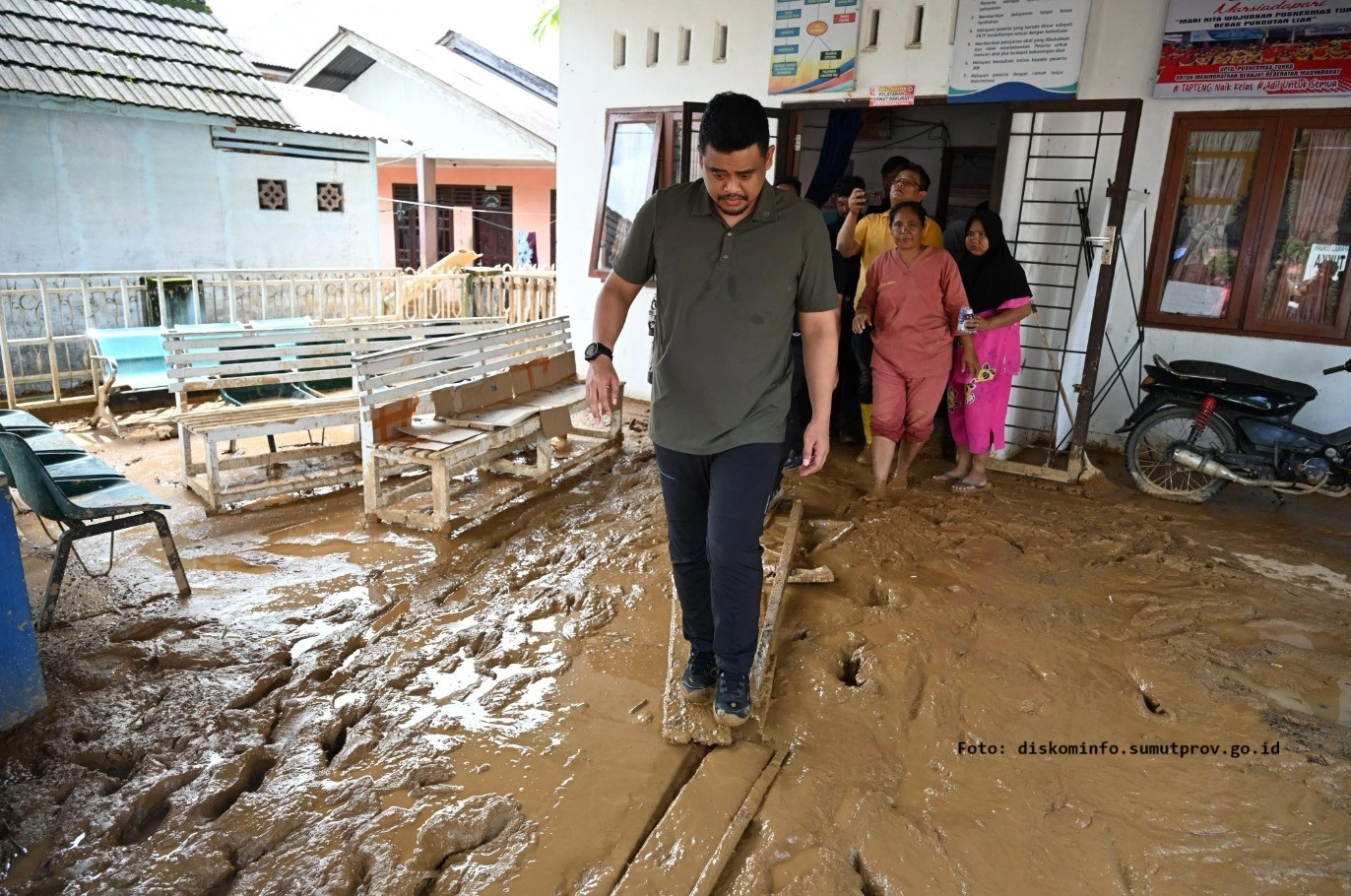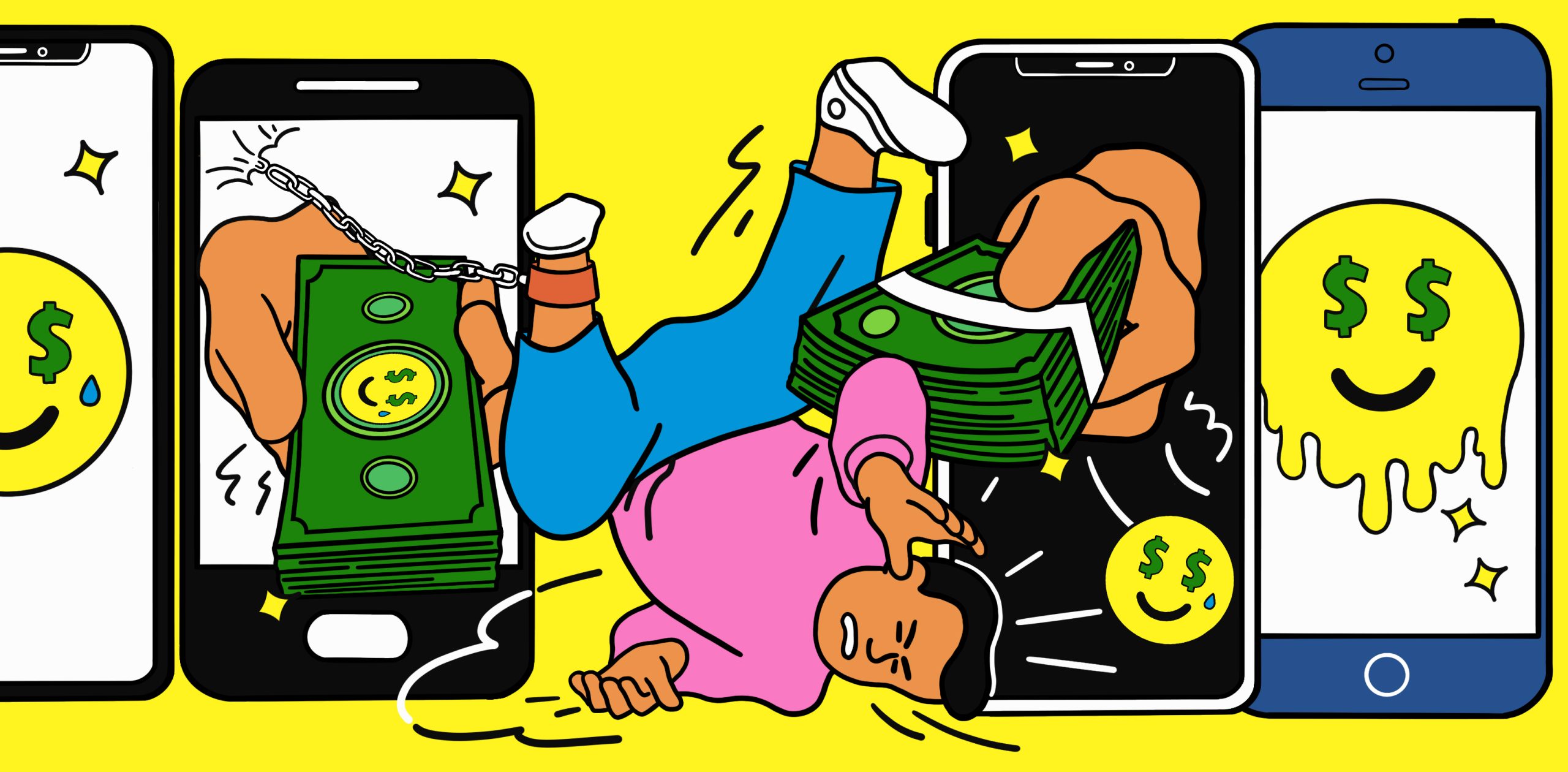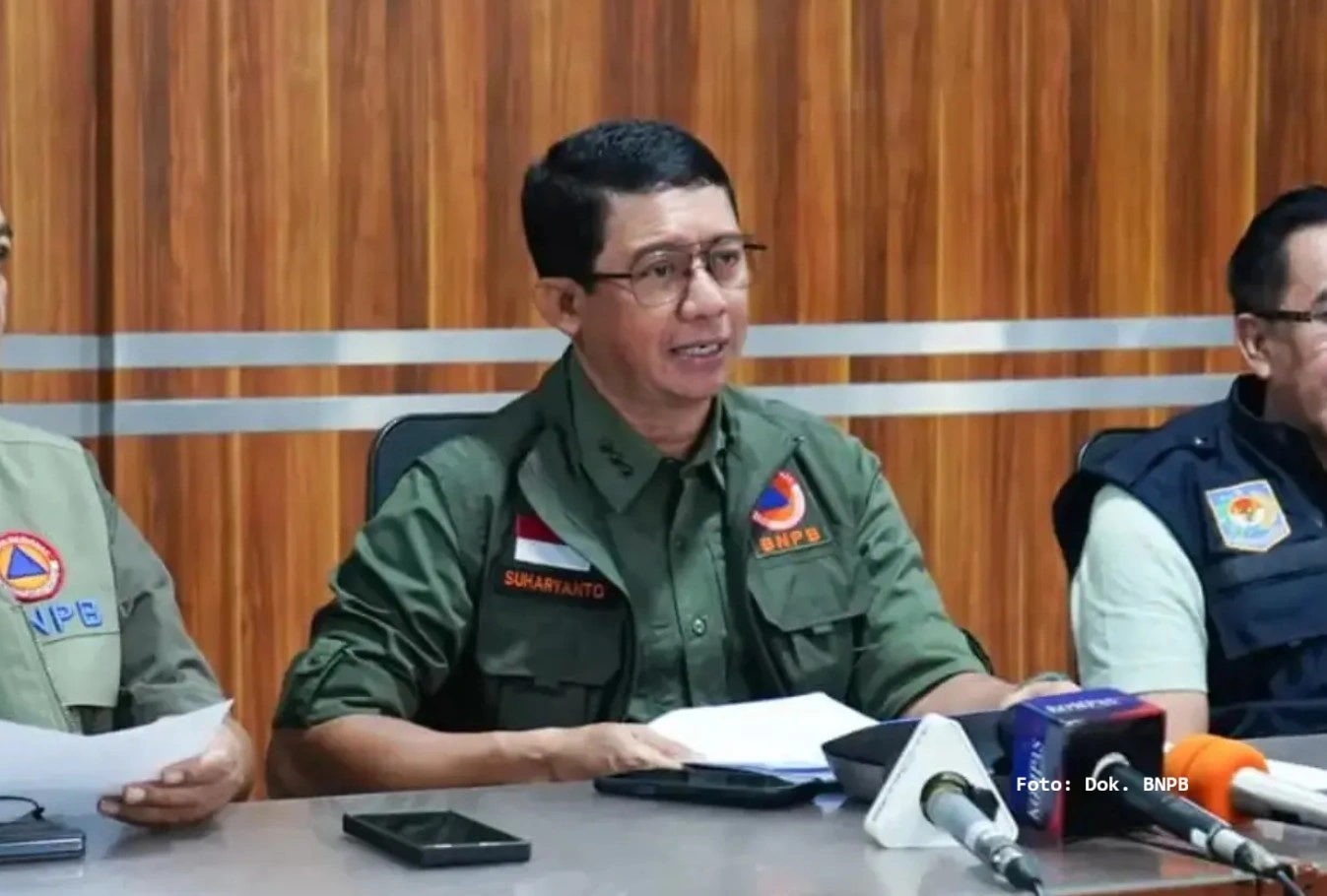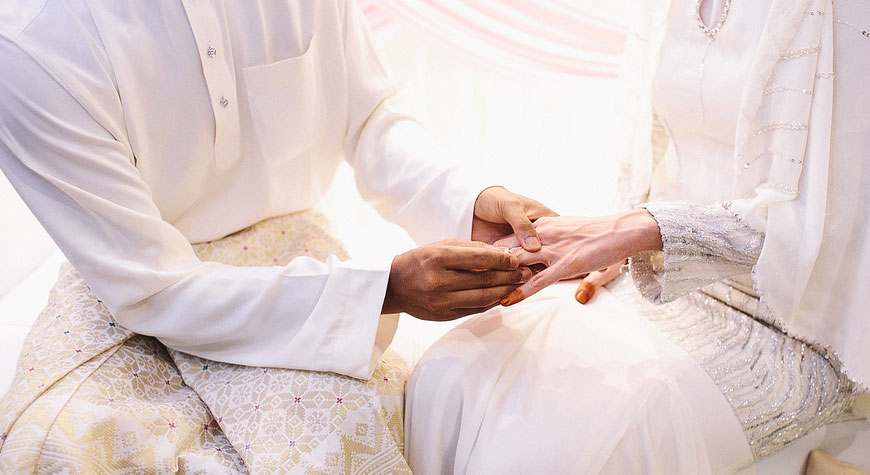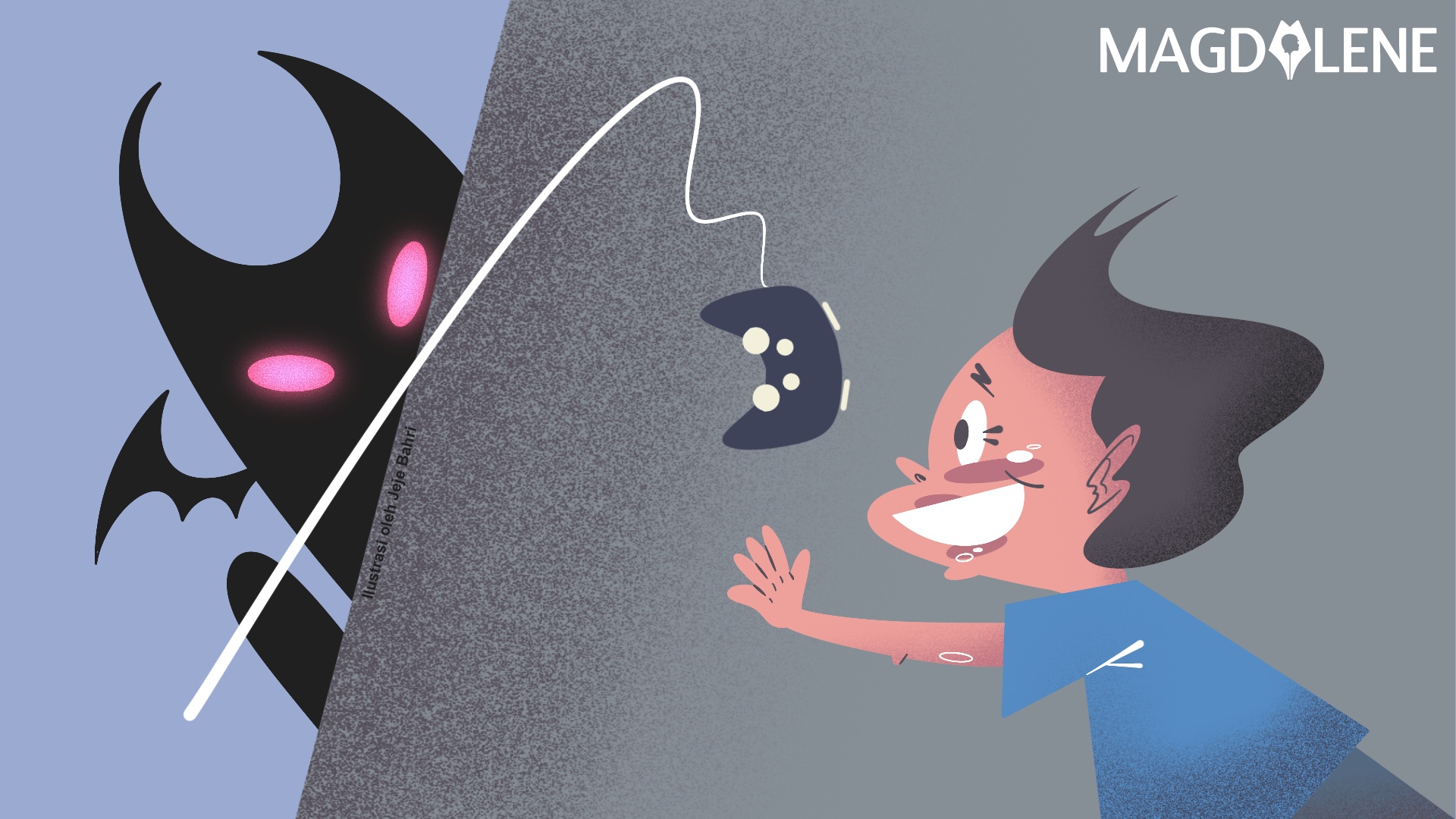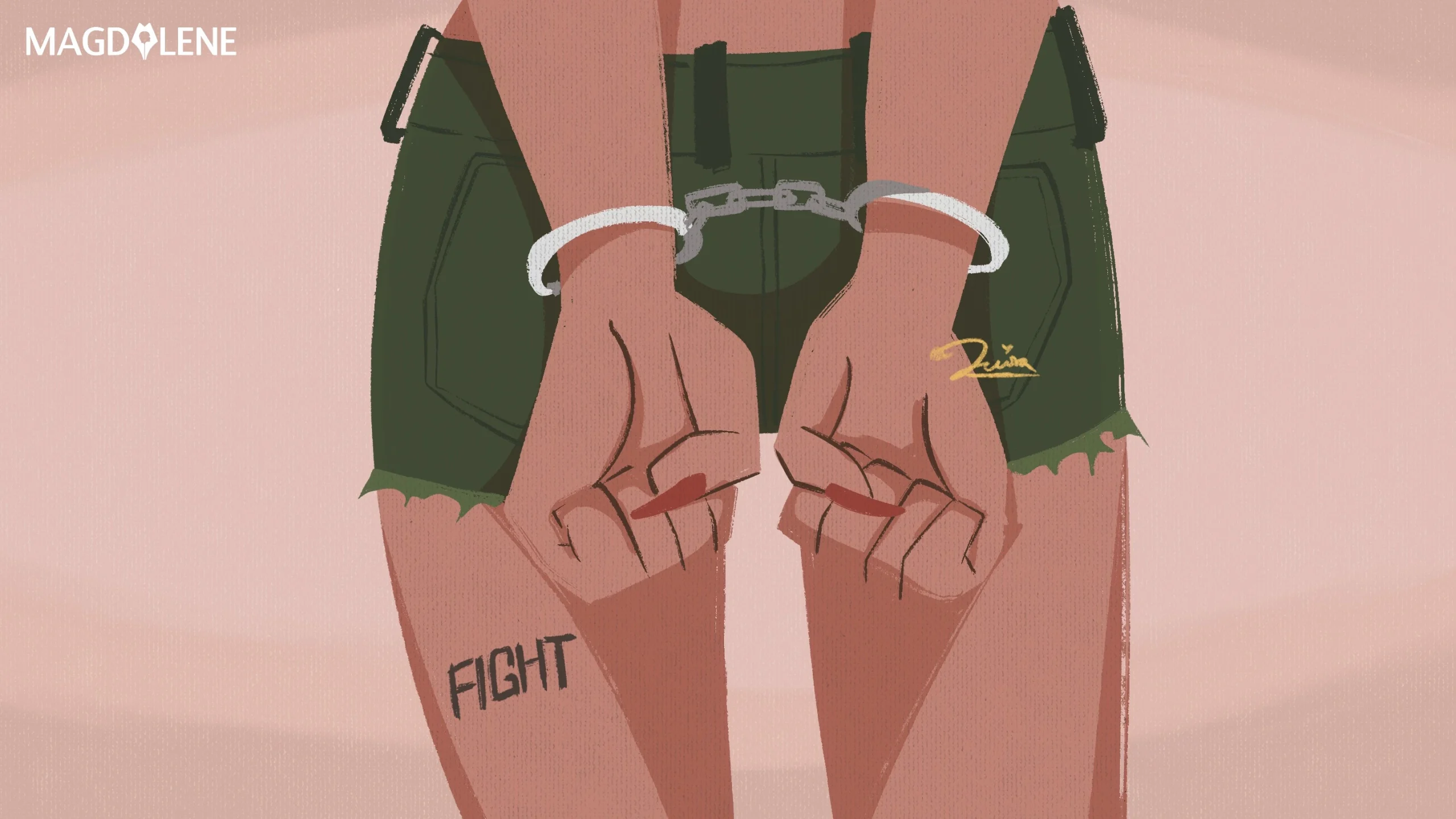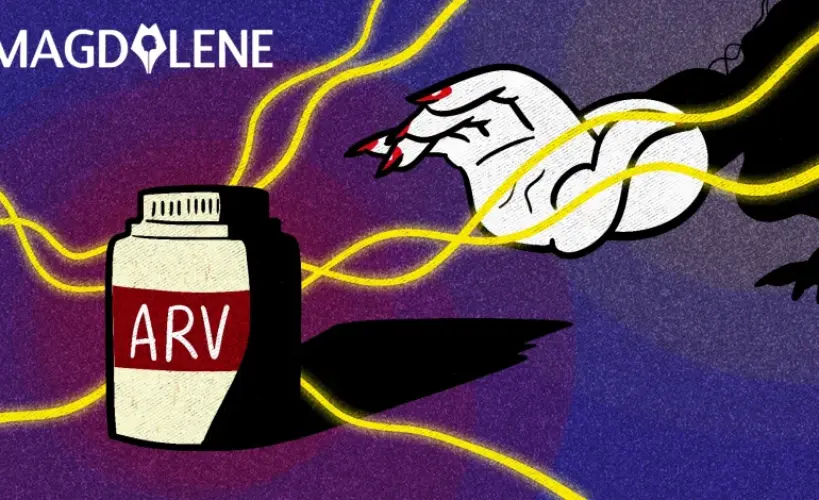No Country for LGBT: Moral Panic and Persecution of Sexual Minority in Indonesia
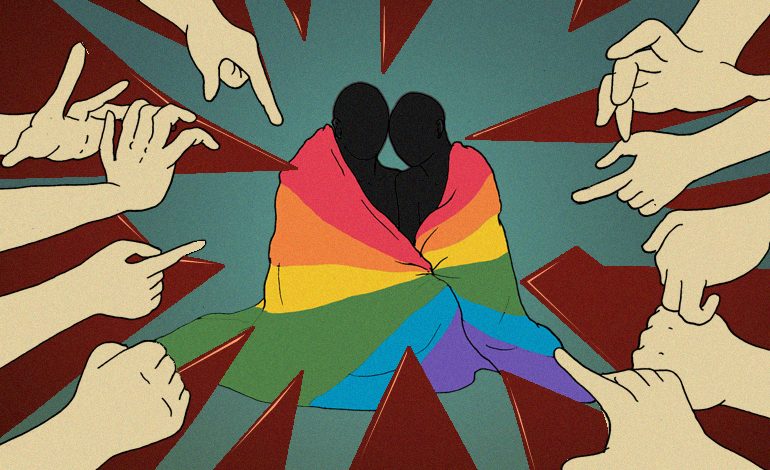
One morning two years ago, thirty-something “Ferdi” had the scare of his life when about 20 men descended upon his house in an upper middle-income gated housing complex in Jakarta. Led by the neighborhood unit (RT) chief, the men invited themselves in and filled his small living room – some were forced to sit on the terrace.
They came for one reason: to express their suspicion of Ferdi’s sexual orientation. Apparently, they had been reading the extensive media coverage on LGBT and it made them anxious. The RT Chief and some other men told him they could not accept gay people living in the neighborhood because it “disturbed” them.
As a gay man, Ferdi (some names in this article have been altered to protect their identities) was actually not out except to a few close friends. In his neighborhood he had always maintained a low-key life. Though his boyfriend and their gay friends would come and stay the night from time to time at the house that he bought with his hard-earned money as an office employee, he never once held a party or anything that might provoke his neighbors.
But all this happened when Indonesia was in the grip of an anti-LGBT hysteria that began in early 2016, after a poster of a university research group offering free counseling to young gay people were leaked to the media. The media coverage that followed – much of it was negative – led to the propagation of hate speech made by public figures from politicians, government officials to religious leaders. Some of these comments were outrageous – one Cabinet Minister equated LGBT rights activism to a “proxy war” more dangerous than a nuclear bomb; a mayor warned young mothers off instant noodles lest they grew up to be gay – as well as incendiary to most people who were generally ignorant of the concept of sexual diversity.
Ambushed at his own home, Ferdi was pushed by his neighbors to reveal his sexual orientation.
“I freaked out. I denied being gay, and I told them that my friends came from time to time for work purposes,” Ferdi said, adding it felt like the longest night in his life.
When the mob finally left, the terrified Ferdi moved out of the house as quickly as he could. “I did not feel safe anymore in my own home,” he said, sighing.
The more visible a person’s gender expression is the harder it is for them to find a house to rent or a room to board. If they live as a couple, the challenge multiplies.
Ferdi had a valid reason to be fearful: his case is not unique. In fact, he is just one of the many members of the sexual and gender minorities in Indonesia who have been subjected to discrimination, persecution and violence over the past couple of years.
As the country erupted in “moral panic”, “LGBT”, the abbreviation commonly used to capture sexual and gender diversity (it stands for lesbian, gay, bisexual and transgender), became mainstream almost overnight. From a term previously only known within certain informed circles, it has, however, transformed into a buzzword that carries a sinister meaning to many Indonesians.
A crime against humanity
In a recently released survey based on media monitoring, Community Legal Aid Institution (LBH Masyarakat) found that 973 people were targeted in discrimination, persecution and violence cases across Indonesia in 2017. Almost three-fourth of the victims were transgender people, followed at 23 percent by gay men and 3 percent by lesbians. The cases range from the stifling of freedom of expression (including bans on events or discussions related to LGBT), house raids and evictions, arrests at gay clubs, to murders.
“When we say victims, we mean people whose basic rights were trampled upon, or people who have been persecuted and/or discriminated,” said Naila Rizqi of LBH Masyarakat.
This is the second year LBH Masyarakat conducted such study. In 2016 its survey focused on stigmas and discriminations that fueled the mass homophobia. Naila added: “The difference is that in 2016, the perpetrators were mostly civil organizations and educational institutions. In 2017, a lot of the perpetrators were law enforcers.”
Discrimination in housing, including forced eviction, is one of the most common forms of abuses faced by the LGBT people. The more visible a person’s gender expression is the harder it is for them to find a house to rent or a room to board. If they live as a couple, the challenge multiplies.
“Ray” and “Cindy”, both in their early 20’s, were kicked out of their own homes two years ago after their parents found out about their relationship. Since then, the two have been struggling to find a place to live and to make ends meet.
Cindy had to drop out of university and became the main breadwinner working at restaurants. A transman, Ray has had more difficulties finding a job. As they can only afford a single room at boarding houses, Cindy has to actively look for a room for the two of them. Ray would pretend to be visiting her, until they were reported by other tenants and got kicked out of the boarding house. So far they have been moving boarding houses five times.
“At one home, the tenant in the next room was this woman who would abuse me, saying: ’You dirty lesbian!’ or ‘You lowlife!’ The last time she got so violent that she banged my head against the wall,” said Ray.
The incident led to Cindy being summoned by the RT Chief, who questioned her about the nature of her relationship with Ray.
“I wasn’t there at the time, but Cindy was interrogated. She told him that we were sisters and he didn’t believe her. He gave her a warning: ‘If I ever find out you are in a same-sex relationship, I will report you to the police,’” Ray recalled the episode. (Listen to the conversation in the SoundCloud file below)
https://w.soundcloud.com/player/?visual=true&url=https%3A%2F%2Fapi.soundcloud.com%2Ftracks%2F479623209&show_artwork=true&callback=jQuery110105367579762909183_1533125188956&_=1533125188957
While abuses and mistreatment of gay men and transgender people are often reported in the media because of their sensational nature – such as the May 2017 arrest of 141 gay and bisexual men after the raid of the Atlantis gym and sauna in Jakarta – cases involving lesbian couples often gain less media coverage.
Sri Agustine from one of the lesbian, bisexual and transgender (LBT) organizations in Jakarta said a lot of times persecution of lesbians and transmen happen in private space, mostly their homes. In many cases, the raids would be initiated by some youths from the local mosque who would pressure their sub-district chiefs and religious leaders to take action against the LGBT people in question, threatening to wreak havoc if their demands were not met.
State apparatus like the public order enforcers, police, and even military personnel would then come to pressure the people to move out. In Bogor, six lesbian couples who worked at a factory were forced to leave their boarding homes by the local police, who told the women their lives were at stake if they insisted on staying.
In its report Scared in Public and Now No Privacy: Human Rights and Public Health Impacts of Indonesia’s Anti-LGBT Moral Panic, Human Rights Watch recorded that in 2017 alone 300 people were apprehended by police because of their sexual orientation and gender identity, a spike from previous years and the highest such number ever recorded in Indonesia.
Riska Carolina, a researcher at the Institute for Policy Research and Advocacy (ELSAM) and a legal consultant for the LGBT advocacy group Arus Pelangi, said there is definitely an increase over the past few years in the number of cases of rights abuses against the LGBT people as well as the severity of the abuses.
She cited a case involving a lesbian with masculine gender expression who was living with her partner in North Sumatra. Having been a victim of “corrective rape” by an unknown person, she ended up pregnant and alone after her frightened partner left her. After giving birth, she tried to leave her baby outside someone’s house but was caught.
“Residents in the neighborhood beat her up and had her arrested. She is now serving a 10-year jail time for child neglect,” she said.
“This is a crime against humanity,” she added.
“We were beaten, kicked, told to roll on the ground and go to prone position,” said Lia. “The local chief police told me to get down and when I refused, he fired a shot, which really scared me.
Aside from corrective rape, transgender people as well as women with masculine gender expression and men with feminine gender expression are often subjected to “corrective expression.” Transmen are forced to wear a skirt or hijab, and transwomen have their hair shorn and are forced to appear “manly”.
Schools are rife with this kind of abuse, with leaders and top officials on campus often leading the hate campaign and discrimination of the LGBT people. Some universities threatened to withdraw their scholarships if their beneficiaries were identified as homosexuals. Others like Andalas University in Padang, West Sumatra, stated that they do not accept gay students (though Andalas has since lifted the ban). This also means holding any discussions related to sexual and gender diversity are banned in many campuses.
Some places are even worse.
Aceh, the only Indonesian province that formally adopts the Sharia Law, has been extremely aggressive in its crackdown on the LGBT people. Early this month, the Sharia authorities flogged two men 90 times in front of a crowd of thousands after Friday prayers for allegedly having same-sex relationships. They were apprehended in a room by a vigilante group a couple of months before. This was the second public flogging held for homosexual acts in less than a year.
Because of their visibility, transwomen have been the most vulnerable, especially in Aceh. In January this year, police and the Sharia police in North Aceh jointly raided five hair salons that employed transwomen. They arrested a dozen clients and employees, forcing them to remove their clothes, cutting their hair in public and detaining them for three days.
Magdalene tracked down two Acehnese transwomen who now live in Jakarta to escape persecution. “Lia” owned a beauty salon in Lhoksukhon, North Aceh, before the January raid. She recalled to Magdalene her experience that night of being herded with other transwomen to a public field where they were abused and humiliated.
“We were beaten, kicked, told to roll on the ground and go to prone position,” said Lia. “The local police chief told me to get down and when I refused, he fired a shot, which really scared me. The others were so scared that they pleaded that I just did what we were told to do so they wouldn’t get in bigger trouble.”
She continued: “They pulled my hair, and told me to walk like a man, and they threw some kind of liquid on me twice. It hurt so much. And then they cut my hair and stripped me naked… And then we were gathered again and told to stand up. The police chief slapped me and told me to shout like a man. When I did that, he said I didn’t sound man enough, so I had to do it again. But this time he made one of the police officers to slap me really hard, which he did, three times. I had blood coming out of my mouth.”
The police chief she was referring to was the former North Aceh Police Chief Untung Sangaji, who boasted on a video posted on YouTube that he would not “tolerate these sissy garbage” whom he referred to as “disease.” Though Sangaji later offered a lukewarm apology and was eventually transferred to another position in North Sumatra, the damage was irreversible by then. Many transwomen had since fled Aceh for safety. Those who remain in Aceh constantly fear for their lives.
“Tiara”, a transwoman, who used to run a bride makeover business in Aceh Besar district, said she moved to Jakarta because her family told her it was too dangerous for her to stay. She said GALA, the Aceh’s Anti-LGBT Movement, was behind the rise in the abuses against LGBT people.
“They don’t care; if you met them on the street, they would beat you up. They caught some friends of mine who were buying meals at a food stall and handed them over to public order enforcers, who shaved their head and ‘rehabilitated’ them,” Tiara told Magdalene in an interview.
“Now everyone I know have cut their hair short to look masculine to alter their (gender) expression,” she added.
Banned from working at beauty salons, many of the transwomen have been forced to go underground and do sex work for a living.

“It may start with LGBT, but who will be next?”
There is no national law banning homosexual relationship or transgender at the moment, and, in fact, the 1945 Constitution guarantees every citizen’s right to be free from discriminative treatment. But that has not stopped the police from conducting their crackdowns.
Those arrested were nabbed under various charges. The men in the Atlantis Spa arrest were allegedly performing pornographic acts, which fall under the Anti-Pornography law. Similar charges were made against the 14 men arrested in April 2017 at Hotel Oval in Surabaya, where they were said to be in possession of a flash drive that contained pornographic videos. Seven of the men were sentenced to between 18 and 30 months’ imprisonment. The police also informed the media that of all the 14 men who underwent tests for sexually transmitted infection, five were HIV positive.
“Police said they violated the law by performing pornographic acts in public space, but they never showed evidence of the so-called performances,” said Naila of LBHM, adding, “They were also not very clear on the definition of ‘public space.’ Aren’t hotel rooms private spaces?”

“Morality-based approach like this works in an ill society like the one we have now,” said Budi Wahyuni, Commissioner at the National Commission on Violence against Women (Komnas Perempuan).
Riska of ELSAM said what makes the trend more alarming is the widespread nature of the persecution and the state’s involvement in many of the cases.
“Persecution is basically violence or mistreatment that denies people of their fundamental rights. Persecution can be expansive and systematic, which means it may be tied to government policies,” she said. “Now let’s see how many state policies discriminate and suppress the gender and sexual minorities.”
In 2013, she said, a United National Development Programme’s study found five regional bylaws that discriminated against the LGBT people. The number has multiplied to 45 this year.
In addition, there is a growing pressure from Muslim conservative groups to criminalize adult consensual same-sex conduct under the banner of protecting “family values”, not unlike the anti-LGBT campaign waged by Christian conservative groups in other countries.
The most vocal among these groups is the Family Love Alliance or AILA, which argues that homosexuality is contagious and would imperil children and the young generation. In July 2016, AILA led a petition to amend specific clauses in the Criminal Code to criminalize all sex outside of marriage and all sex between persons of the same sex. The petition was eventually rejected by the Constitutional Court on the ground that it had no authority over the Criminal Code and that the effort should be done through a legislative process. (AILA did not reply to Magdalene’s request for an interview for this article).
This steered the conversation to the possibility of outlawing homosexuality, with politicians and parliamentarians jumping on the bandwagon to show their opposition to LGBT people.
House of Representatives Speaker Bambang Soesatyo was quoted by Jakarta Globe as saying:” What we must prioritize is the safety of the nation’s future, particularly the safety of our youth from influences that go against our norms, culture and religion.”
An earlier version of the draft bill of the Criminal Code Revision, which is currently being deliberated in Parliament, reflected some this bias through an article on child sexual abuse that targets only homosexuals. The article has since been revised.
Legislator Eva Kusuma Sundari of the nationalist Indonesian Democratic Party of Struggle is one of the few moderate voices in Parliament. In an interview with Magdalene she warned that criminalizing LGBT people and homosexual acts would be a “bad precedent” as it violates the non-discrimination principles of Indonesia’s 1945 Constitution.
“We may start with (discrimination against the) LGBT people now, but later it could be extended to certain religions, races, or ethnicities,” said Eva.
“Yes, we can ban people from campaigning or spreading propaganda for same-sex marriage, because it is against our Marriage Law, or spreading pornography, but we should never criminalize people for being who they are,” she added.
Many attribute the escalation of the anti-LGBT sentiment to politics, particularly electoral politics. Indonesia just had a string of elections of regional government leaders across the country, and next year’s presidential and legislative elections are feared to be even more divisive than the 2014 elections.
“We cannot deny that identity politics – in this case religious identity – plays a very crucial role in Indonesian politics today,” said Irwan Hidayana, a researcher at the Center for Gender and Sexuality Study at the University of Indonesia. “The perspective on LGBT subscribed by most Indonesians is based on religious teachings – that it is a sin and a deviation from the norms – which makes this a ripe political issue too.”
Said Budi Wahyuni, Commissioner at the National Commission on Violence against Women (Komnas Perempuan): “For regional governments, having a ‘clean’ government means being free from issues that are related to their ideas of immorality, whether prostitution or LGBT. So most politicians would look for the easy way to convince people they are doing something.”
“Morality-based approach like this works in an ill society like the one we have now,” she told Magdalene.
“Would you want to have that kind of children?”
The “ill society” that Budi was referring to is, in fact, a society that has grown much more religiously conservative in recent years, which explains why the anti-LGBT sentiment has a strong religious slant.
The Saiful Mujani Research and Consulting released its national survey early this year that showed that an overwhelming number of Indonesians disapprove of non-heterosexual relationships. Of those surveyed who had heard of the LGBT community, almost 90 percent felt “threatened” by them. Half said they would not accept an LGBT person in their own family, 80 percent said they would not tolerate LGBT people as neighbors.
Irwan Hidayana compared the poll to a similar but smaller survey he conducted in three major Indonesian cities in 2012. The survey found that 40 percent of the respondents accepted gay and transgender people. Part of the cause of the shift is the proliferation of hate narratives being spread in the media, he said, but religious conservatism contributes to the increase of negative sentiment.
“A lot of sermons at mosques talk about LGBT, and there is also the perception that LGBT is a western product, just like feminism,” he said.
“Let me ask you back: Would you want to have that kind of children? And are they the only groups that are being persecuted?” Asked Sukiman, Director of Family Education Development at the Directorate General of Early Childhood Education.
Ustadzah Nur Hamidah, who teaches at the Islamic University Al-Qudwah in Depok, West Java, told Magdalene: “In principle, Islam teaches the preservation of humans. LGBT is against this principle, because they cut the chain of human existence. Islam is also a preventive religion: it prevents the spread of sexually transmitted diseases and social diseases.”
When asked her views on the persecution of LGBT people she said: “Islam is a religion that protects the victims, not the perpetrators. The punishment for LGBT people is being ostracized and being exiled until they die. Why? Because they could infect others.”
She added: “LGBT is also against our culture, so I cannot blame those who persecute them because the State has to ensure there is a deterrent effect to solve this problem.”
Though there are a handful of Indonesian Muslim clerics and scholars with progressive views on LGBT, Hamidah represents the perspective of most mainstream Islamic teachers.
This view has also bled into education. In April, a much-promoted panel discussion was held by the Ministry of National Education at its office entitled “Safe Indonesian Children and Family from the LGBT Movement.” Two of the speakers were a female medical doctor and an academic who are linked to AILA. After the event raised much objection on social media, the theme of the talk show was changed to “Building a Quality Family” and the two conservative female speakers were dropped at the last minute.
Interviewed by Magdalene after the discussion, one of the speakers, Director of Family Education Development at the Directorate General of Early Childhood Education Sukiman, said: “We want our children to grow well and be able to resist negative influences.”
Should LGBT be banned? asked Magdalene’s reporter.
“Let me ask you back: Would you want to have that kind of children?” he responded. “And are they the only groups that are being persecuted? There are many others. Women, too, are persecuted. This is the reality; it’s not ideal, but they’re not the only oppressed group.”
.jpg)
Allies, join the resistance!
Religion aside, however, survey results and public statements show that much of the animosity towards gay and transgender people springs from ignorance. Most people have no basic understanding of sexual orientation and gender identities or expression. Many are unaware that homosexuality has been declassified as a mental disorder by psychiatric associations across the globe since the 1970s.
“Allies’ role is to connect victims of persecution to support, like legal assistance. It is very important that allies do not stay quiet.”
Many people readily buy into the narratives offered by conservative groups like AILA, confusing homosexuality with pedophilia and assuming that with some countries legalizing same-sex marriage, the gay communities in Indonesia would soon demand the same.
There is certainly room for education, once the outcries die down. But communication must be done strategically, including choosing the most suitable language in their advocacy (the way Indonesian women’s rights activists have for decades eschewed using the word “feminist” in identifying themselves to avoid unnecessary hostilities and resistance).
Said Irwan: “On the one hand, with more people knowing what ‘LGBT’ is, it can be used as an opportunity for better knowledge. But maybe using the term LGBT is counterproductive. Perhaps we can use the term ‘sexual diversity.’”
For now, it is important for allies – the non-LGBT people who support their cause – to join the fight against persecution and discrimination and defend their rights to live like other Indonesian citizens.
Said Naila: “Allies’ role is to connect victims of persecution to support, like legal assistance. It is very important that allies do not stay quiet.”
Dede Oetomo, founder of the pioneering gay advocacy group Gaya Nusantara, said this is the time for progressive and moderate religious organizations to lend their support: “They talk about pluralism already, why not also talk about sexual and gender diversity?”
For many LGBT activists, events in the past two years have psychologically shaken them to the core that any act of support would help. “At least when allies raise their voices to say ‘no’ to violence against LGBT people, we feel strengthened already,” said Agustine.
As for Ferdi, even after two years and now living somewhere else, he was still deeply traumatized by the incident, so much so that he had initially refused to retell his experience for this article (though he finally changed his mind when he thought that his story might serve the “greater good”).
“I know there are far worse cases than mine, like the persecution of transwomen in Aceh. But the incident has left me feeling paranoid,” he said.
Managing Editor Hera Diani and reporters Ayunda Nurvitasari, Camely Arta, Elma Adisya, Tabayyun Pasinringi and Wulan Kusuma Wardhani contributed to this article.
*Illustration by Sarah Arifin; Photos by Elma Adisya
Find out about your heterosexual privilege and follow @dasmaran on Twitter.

